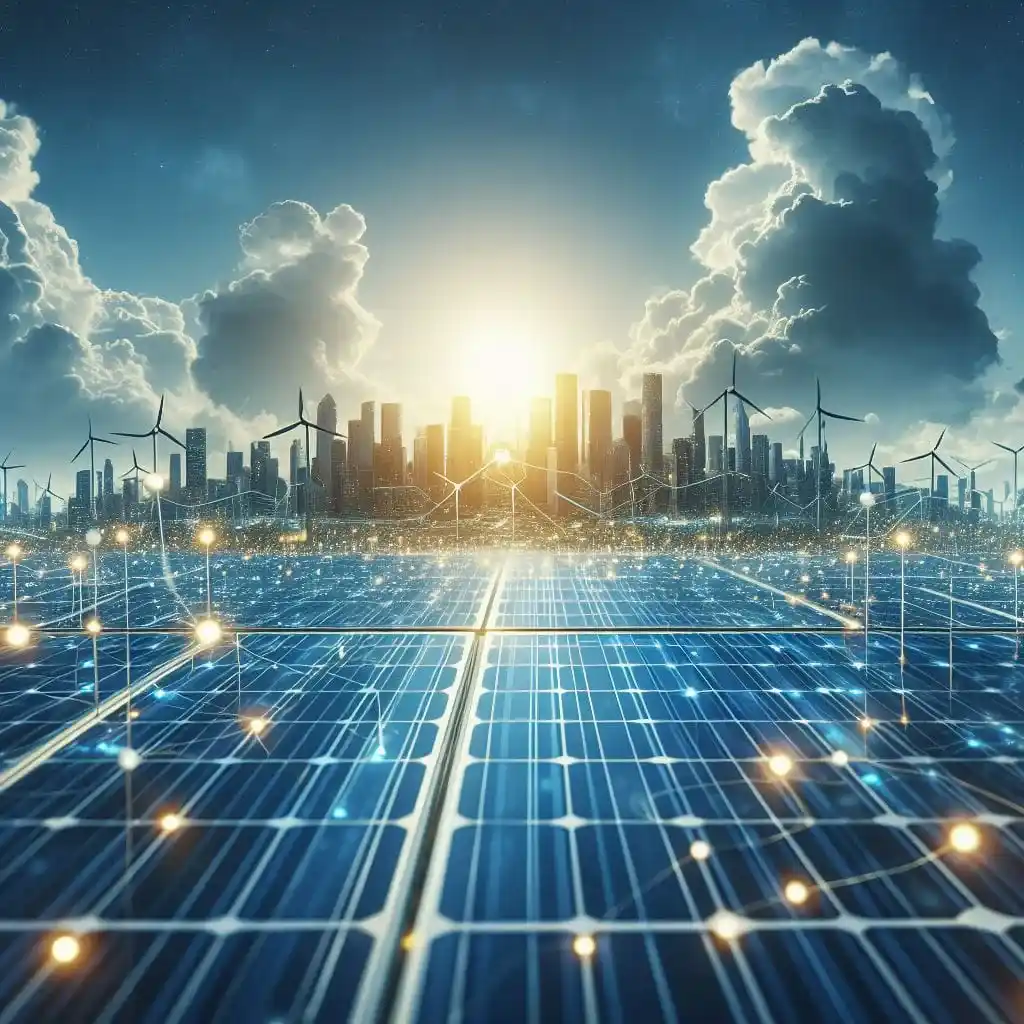Solar Panel Installation: Understanding the Risks and Benefits

The Pitfalls of DIY Solar Panel Installation: Understanding the Risks and Benefits
Considering DIY solar panel installation? Proceed with caution. This article delves into the potential hazards and complexities involved, urging homeowners to prioritize safety and professional expertise.
Many homeowners are enticed by the prospect of substantial savings and environmental benefits offered by residential solar panels. While the allure of reducing utility bills by over $1,500 annually is undeniable, the path to achieving this goal is fraught with potential pitfalls, especially for those considering a DIY approach. Despite the temptation to cut costs and take matters into their own hands, embarking on a DIY solar panel installation journey can lead to unforeseen dangers and financial setbacks.
In conclusion, while the allure of DIY solar panel installation may be tempting, the risks far outweigh the potential rewards. By recognizing the complexities involved and the importance of professional expertise, homeowners can make informed decisions that safeguard their investments and ensure optimal performance. For those considering solar panel installation, partnering with a reputable professional is the surest path to a successful and hassle-free experience.
FAQs
What are the benefits of hiring a professional for solar panel installation?
Hiring a professional ensures that the solar panel system is installed correctly and safely, maximizing its efficiency and longevity. Professionals have the expertise to navigate complex technical requirements, obtain necessary permits, and address any issues that may arise during installation. Additionally, professional installers often offer warranties and ongoing support, providing peace of mind for homeowners.
How do I determine the right size and type of solar panel system for my home?
Determining the appropriate size and type of solar panel system for your home involves assessing factors such as energy consumption, roof space, orientation, and shading. A professional solar installer can conduct a thorough evaluation of your property and energy needs to recommend the most suitable system for optimal performance and cost savings.
What factors should I consider before investing in solar panels?
Before investing in solar panels, consider factors such as your energy usage patterns, available sunlight, local regulations and incentives, upfront costs, financing options, and the potential return on investment. It’s also important to research different solar panel brands, technologies, and warranties to make an informed decision.
Are there any government incentives or rebates available for solar panel installation?
Many governments offer incentives and rebates to encourage the adoption of solar energy. These incentives can vary depending on location and may include tax credits, rebates, feed-in tariffs, and net metering programs. Check with your local government or utility provider to see what incentives are available in your area.
How long does the installation process typically take, and what can I expect during that time?
The duration of the solar panel installation process can vary depending on factors such as system size, complexity, and weather conditions. On average, residential solar installations take between one to three days to complete. During the installation process, expect professional installers to assess your property, install mounting hardware, place solar panels, connect wiring, and perform final testing and inspection to ensure proper functionality.

